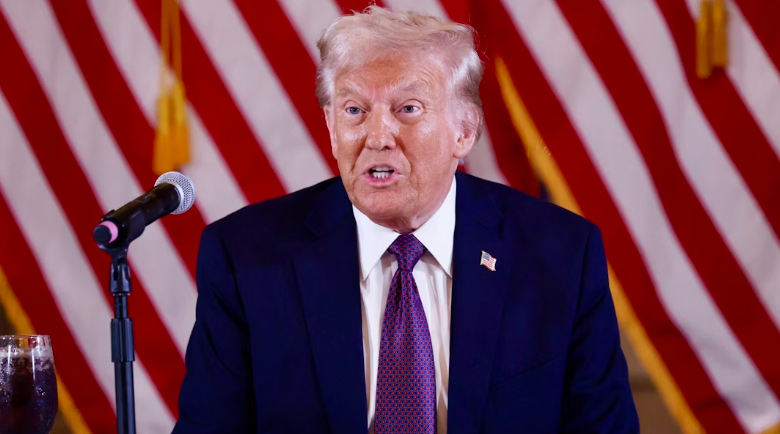State-Funded NPR Contradicts Its Own Reporting While Trying to Fact-Check Trump on ‘Stranded’ Astronauts
NPR, the taxpayer-funded news outlet, inadvertently exposed its own inconsistency on Wednesday while attempting to fact-check President Donald Trump’s recent comments about two American astronauts aboard the International Space Station (ISS). The network, which has faced accusations of left-wing bias and anti-Trump reporting, contradicted itself on the very definition of whether the astronauts were “stranded.”
Trump’s Announcement Sparks NPR’s ‘Fact-Check’
The controversy began when President Trump took to Truth Social to highlight the situation of NASA astronauts Butch Wilmore and Suni Williams, who have been stuck aboard the ISS since June 2024 due to a malfunction in their return craft, Boeing’s Starliner capsule. Trump called upon SpaceX CEO Elon Musk to assist in bringing them home.
“I have just asked Elon Musk and @SpaceX to ‘go get’ the 2 brave astronauts who have been virtually abandoned in space by the Biden Administration,” Trump wrote. “They have been waiting for many months on @Space Station. Elon will soon be on his way. Hopefully, all will be safe. Good luck Elon!!!”
In response, NPR published a fact-check article with the headline, “Trump asks SpaceX to ‘go get’ two stranded ISS astronauts. They’re not stranded.” But this declaration clashed with NPR’s own previous coverage, where it had repeatedly referred to the astronauts as “stranded” in headlines throughout 2024.
Boeing’s Starliner Failure and NASA’s Delays
The astronauts originally arrived at the ISS aboard Boeing’s troubled Starliner spacecraft. Shortly after their arrival, technical issues, including propulsion failures and other safety concerns, made the capsule unusable for reentry. An audit conducted by NASA in August 2024 revealed that Boeing’s rockets suffered from numerous manufacturing irregularities and quality control failures.
Although NPR attempted to downplay Trump’s characterization of the astronauts as stranded, NASA officials had previously admitted that the agency had no definite timeline for their return. While NASA’s Commercial Crew Program manager Steve Stich publicly rejected the term “stranded,” he also acknowledged in June 2024 that the astronauts had no viable way home.
Despite this, NPR linked back to its own articles from last year, where it described the astronauts as “stranded,” effectively undermining its current narrative. The outlet’s own reporting also acknowledged that SpaceX had been tapped since August to develop a solution.
Trump’s Framing Resonates Amid Criticism of Biden Administration
Trump’s framing of the astronauts as being “virtually abandoned in space by the Biden Administration” has gained traction, particularly among critics of the administration’s handling of the nation’s aerospace and defense capabilities. Many point to Boeing’s failures as symptomatic of broader mismanagement and delayed responses by government agencies under Biden’s leadership.
NPR’s scramble to discredit Trump also reignited discussions about the outlet’s perceived left-wing bias. Despite claims that less than 1% of its funding comes directly from federal grants, NPR’s operations depend heavily on public funding through universities and other state-backed institutions. In 2024, Uri Berliner, a former 25-year veteran editor at NPR, acknowledged the network’s anti-Trump bias, stating, “An open-minded spirit no longer exists within NPR.”
SpaceX Set to Complete Rescue Mission
Despite the media squabble, SpaceX remains scheduled to retrieve the astronauts using a Crew Dragon spacecraft currently docked at the ISS. The mission, originally slated for February, was delayed until March due to additional technical preparations and NASA’s internal scheduling issues. Once the astronauts’ replacements arrive, Wilmore and Williams will return aboard SpaceX’s capsule.
Conclusion
While NPR may have intended to discredit Trump’s statements, its conflicting narratives only further highlight the network’s internal inconsistencies and the broader debate over media objectivity. Trump’s ability to steer the conversation underscores his continued influence over public discourse and the challenges legacy media faces when trying to control the narrative. As SpaceX prepares for the astronauts’ return, the political fallout surrounding NPR’s fact-checking fiasco remains a testament to the ongoing tension between Trump and state-funded media outlets.

